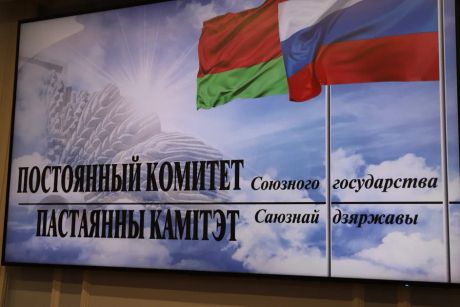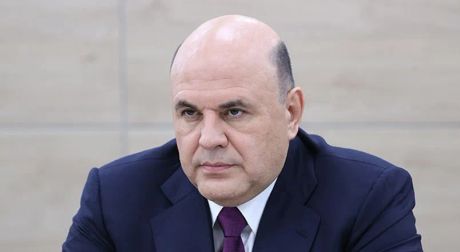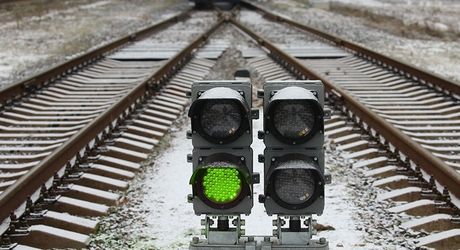Belarusian farmers encouraged to work hard in fields instead of complaining about weather
14:42, 21 July
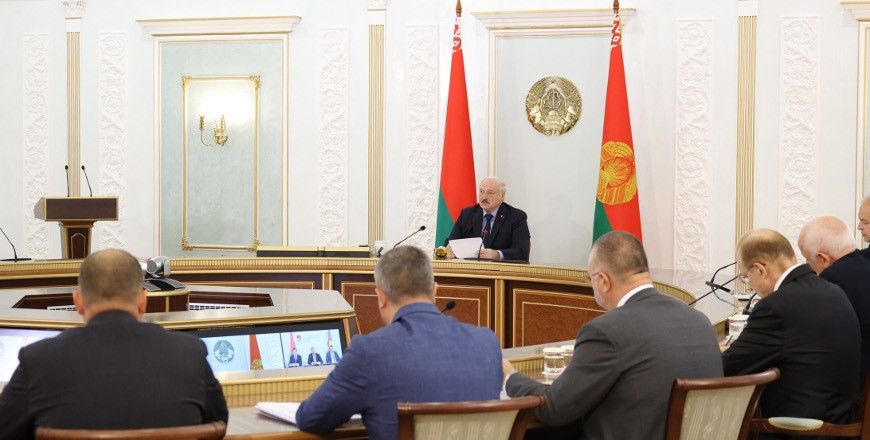
Photo: BelTA
Instead of complaining about the weather it is necessary to work hard in the fields. Belarus President Aleksandr Lukashenko gave the relevant instruction during a conference call held on 21 July to discuss the harvesting campaign, BelTA has learned.
- Share on Facebook
- Share on VK
- Share on Twitter
During the conference call the oblast governors presented reports on the situation in their regions. The head of state gave clear instructions to focus primarily on problems without self-evaluation.
Aleksandr Lukashenko stressed: “I'd like to warn the speakers: we are fed up with projections. There is no need to talk about it today. Give me facts. What are your problems, shortcomings? Openly and honestly. Thousands of people can hear you.”
The Minsk Oblast governor noted that the situation in the central region is complicated but it is not catastrophic. “We don't have problems unrelated to peculiar weather and climate conditions. Rains have started and today we see how our corn matures. This is why we have no issues that need to be addressed at the level of the head of state,” Aleksandr Turchin said.
Yet the chairman of the Minsk Oblast Executive Committee asked for the president's assistance with one thing. By 1 August Minsk Oblast agricultural enterprises are supposed to pay off the loans they took out last year to pay for fuel. “Taking into account the circumstances it will be extremely difficult to do. We ask for postponing the deadline at least a bit. But Minsk Oblast has honored all the other commitments to repay state budget loans and the rest however difficult it may have been,” the governor said.
“The government will make a decision on all the problems you've mentioned, including the repayment [of loans], this week and the next one,” the head of state promised.
Aleksandr Turchin said: “Thank you very much for support.”
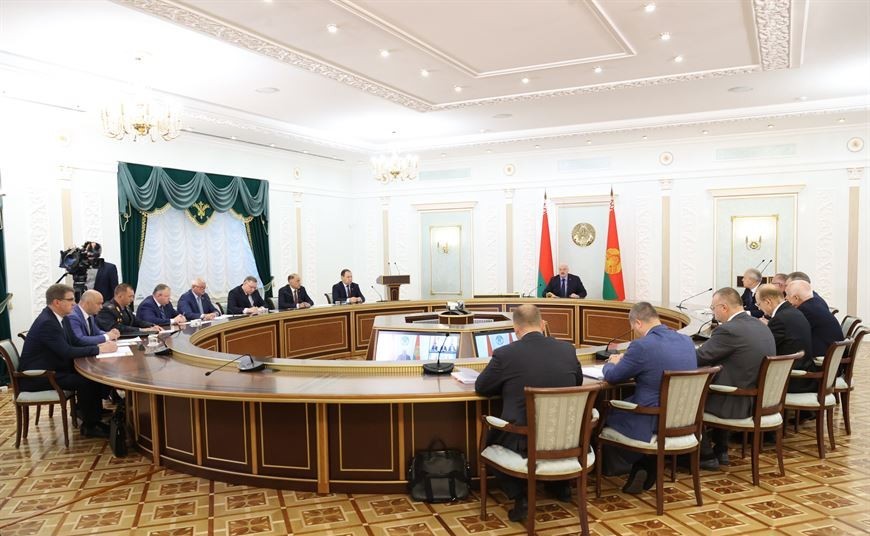
The president said: “But wait. I didn't say what decision will be made. A decision will be made. But you are quite a good economist. You know that debts must be paid. If someone doesn't pay up, then there will be problems after some time. But taking into account all the circumstances you and the government will sort it out and will submit proposals to me next week at the latest.”
Speaking about weather conditions, Aleksandr Lukashenko pointed out that the situation varies from region to region: soils have been affected more in some regions and less in other ones.
“I understand perfectly well that these are not last year's conditions. If it has not rained in the country for 40 days, then naturally all the districts have been affected somehow. But complaining about the disaster, about all the dried-out crops is wrong. No, we will not get last year's record-high harvest but I don't demand it from you. While you managed to harvest 10.5 million of grain of all crops last year, I ask you to deliver 9 [million tonnes this year]. And we can gather it in if we organize well and if we maintain good discipline. If the machine operator takes care of the state of the harvester… It is the job of the engineer, the agronomist, the executive and, first and foremost, the machine operator. If we preserve the grain that is in the field now, then we will have the harvest,” the head of state stressed.
Aleksandr Lukashenko went on saying: “I make harsh demands from you and convince you not because I have nothing to do. The situation is very complicated. This is why as thoughtful managers we need some reserves. Who can say what will happen at the end of the year or the next year? No one. This is why let's create stockpiles and reserves. If we have cereals, then we will have something to feed animals and poultry with. There must be discipline everywhere. All the decisions have been made. Cards are in your hands. Make demands from machine operators, milkmaids, specialists, executives all the way to members of the government.”
According to Chairman of the Grodno Oblast Executive Committee Vladimir Karanik, there are no special problems in this region either: the machines and vehicles have been repaired, workforce is available, sources of funding have been determined.
Vladimir Karanik said: “As for weather conditions, Grodno Oblast saw only 28% of the standard amount of rain in May-June. We were affected less than other regions. About 1% of the cereal crops has died or has been switched to forage. The yield is slightly lower in comparison to last year's record highs but according to our calculations, we will manage to get the average annual grain yield. In other words, we will not reach last year's record highs but the standard amount of cereals that Grodno Oblast usually collects will be collected. Considering the available reserves and the decision to import grain, we don't expect any problems with supplying the animal husbandry industry and the population with cereals.”
Yet the oblast governor stated that the forage harvesting situation is more complicated: the first grass cutting was worse than last year's, this is why there are losses and the progress is slightly behind the schedule. “We will miss the average figure a bit but considering the leftovers we don't expect problems with forage availability,” the governor said.
In Brest Oblast the situation is slightly better than the country's average. According to the oblast governor, as much as 12% of the area under crops has been harvested, with the average yield at 41 centners per hectare, which is on par with last year's figure. Rapeseed's yield is slightly above last year's: 30 centners per hectare, up from 24 centners per hectare in 2022. “We intend to gather in 1.250 million tonnes without buckwheat, corn, and millet. The figure corresponds to Brest Oblast's average,” the governor Yuri Shuleiko said.
Speaking about forage harvesting, the governor told the president that last year's level had been reached and the oblast intends to hit this year's target.
Aleksandr Lukashenko asked the Brest Oblast governor whether there are problems with payments for the grain bought as state-guaranteed orders and whether grain had been taken from agricultural enterprises without timely payments anywhere.
“There are no facts like that. Acquisition and payments for grain deliveries proceed on schedule,” the chairman of the Brest Oblast Executive Committee said.




